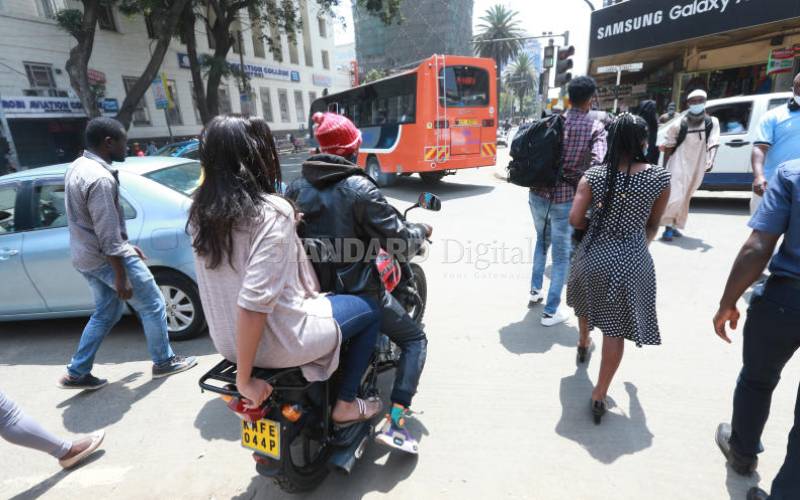×
The Standard e-Paper
Fearless, Trusted News

The International Monetary Fund (IMF) has approved a crucial Sh261 billion credit facility for Kenya under a three-year programme.
The money is expected to help the country reboot the economy following the adverse effects of the Covid-19 pandemic amid shrinking revenues.